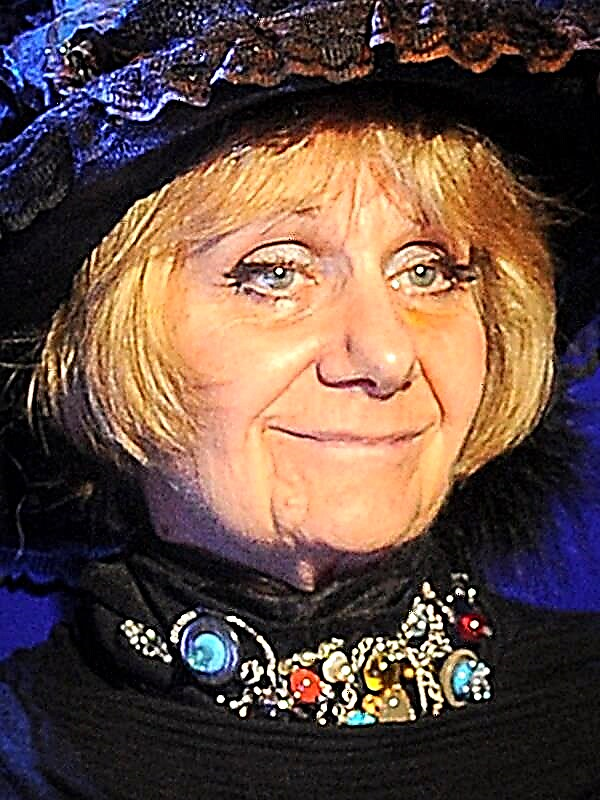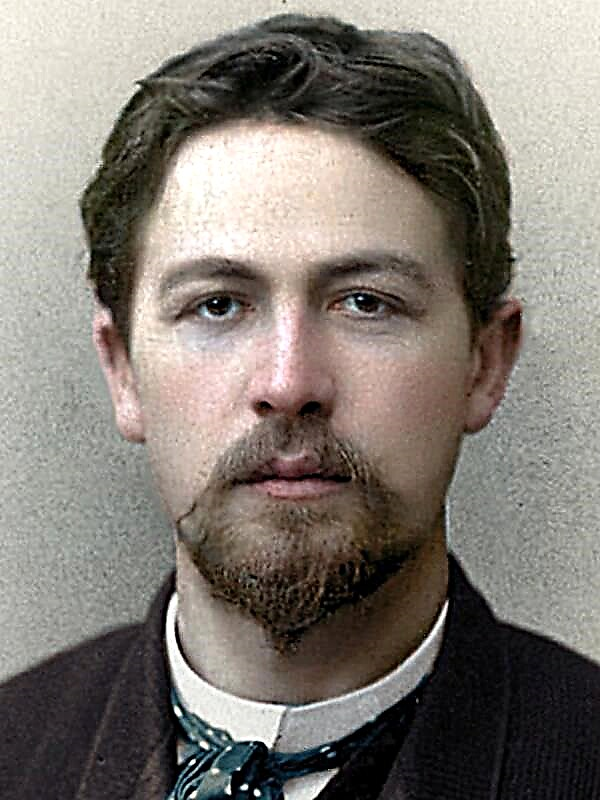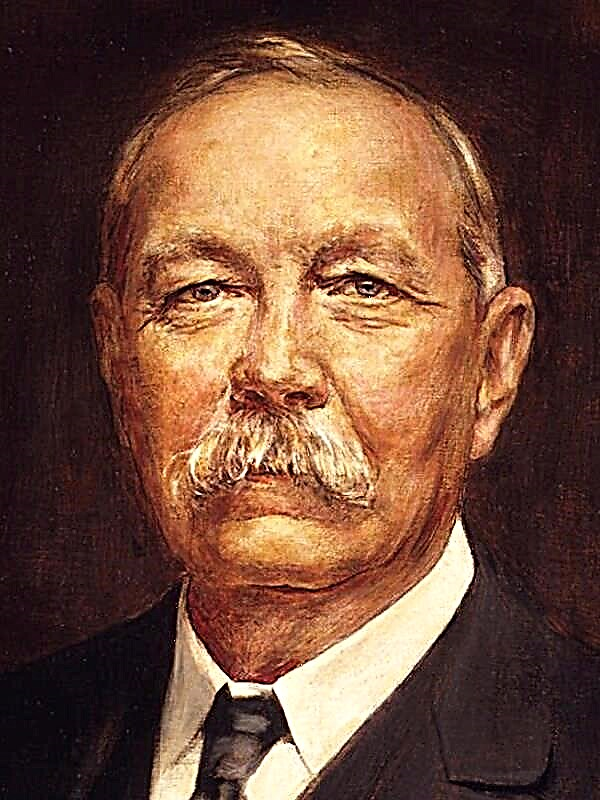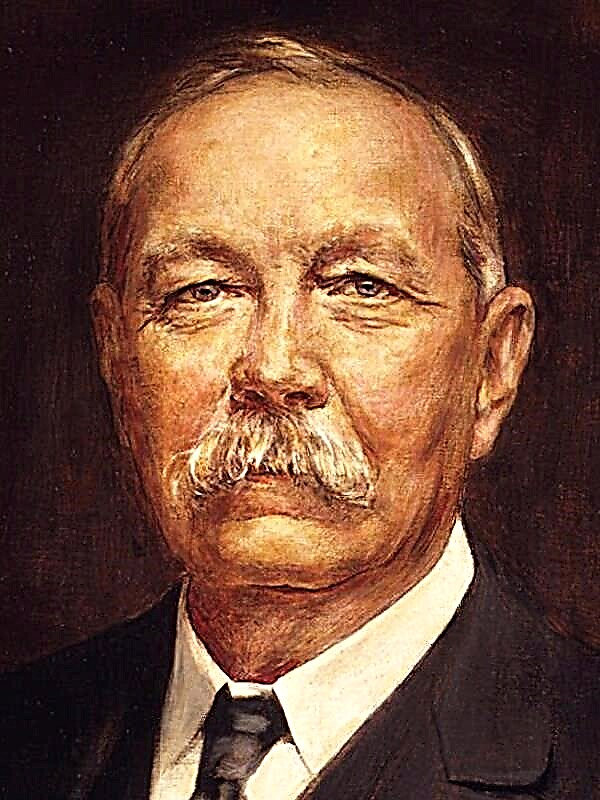: To avoid a mate in math, a fifth grader is vaccinating the entire class with typhoid. The teacher calls his act "the thirteenth feat of Hercules" and makes fun of his classmates.
The narration is conducted in the first person.
In the new school year, a new mathematics teacher, Greek Harlampy Diogenovich, appears at the school. He immediately manages to establish “exemplary silence” in the lessons. Kharlampiy Diogenovich never raises his voice, does not force to engage, does not threaten punishment. He only jokes at the guilty student so that the class explodes with laughter.
Once a pupil of 5- “B” class, the main character of the story, without having done homework, expects with fear that he will become the object of ridicule. Suddenly, at the beginning of the lesson, a doctor and a nurse enter the class and vaccinate against typhoid fever among school students. First, they had to give injections to the 5th “A” class, and they entered the 5th “B” by mistake. Our hero decides to seize the opportunity and volunteers to conduct them, motivating them with the fact that the 5- “A” class is far away and they may not find it. On the way, he manages to convince the doctor that it is better to start giving injections from their class.
One of the students in the class becomes ill, and our hero decides to call an ambulance, but the nurse brings the boy to life.After the nurse and the doctor leave, there is little time left until the end of the lesson, and Kharlampiy Diogenovich calls our hero to the board, but he does not cope with the task. Kharlampy Diogenovich tells the class about the twelve deeds of Hercules and reports that the thirteenth was completed. But Hercules performed his exploits out of courage, and this one was accomplished out of cowardice.
Over the years, our hero understands that a person should not be afraid to seem ridiculous, because probably ancient Rome died because his rulers did not hold jesters and were arrogant. Kharlampiy Diogenovich laughed their childish souls with laughter.

 The subtle art of indifference
The subtle art of indifference